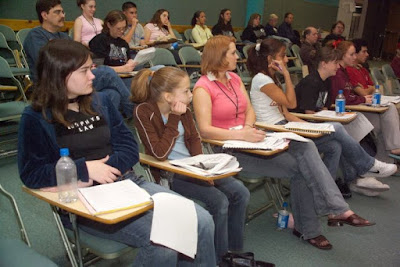Leaning into a Contentious and Deeply Personal Immigration Debate
by Shawn Healy, PhD, Civic Learning Scholar Immigration was central to Donald Trump’s presidential campaign from the first day he announced his candidacy in June 2015. His harsh rhetoric directed towards undocumented immigrants and refugees from war-torn countries motivated his base and contributed to his improbable victory. Trump’s early executive actions as President are popular with his core supporters as he delivers on campaign promises. However, these actions horrify his opponents and threaten the very existence of many Americans, including Illinois residents and students in our classrooms. Stories abound of families living in fear, refusing to send their children to school , and once vibrant communities increasingly shuttered . Young children in Chicago and elsewhere are living in legal limbo , and even the Southern Illinois community of West Frankfort is torn over the recent arrest of a popular restaurant owner on immigration charges . As civics teachers, we are compel...




